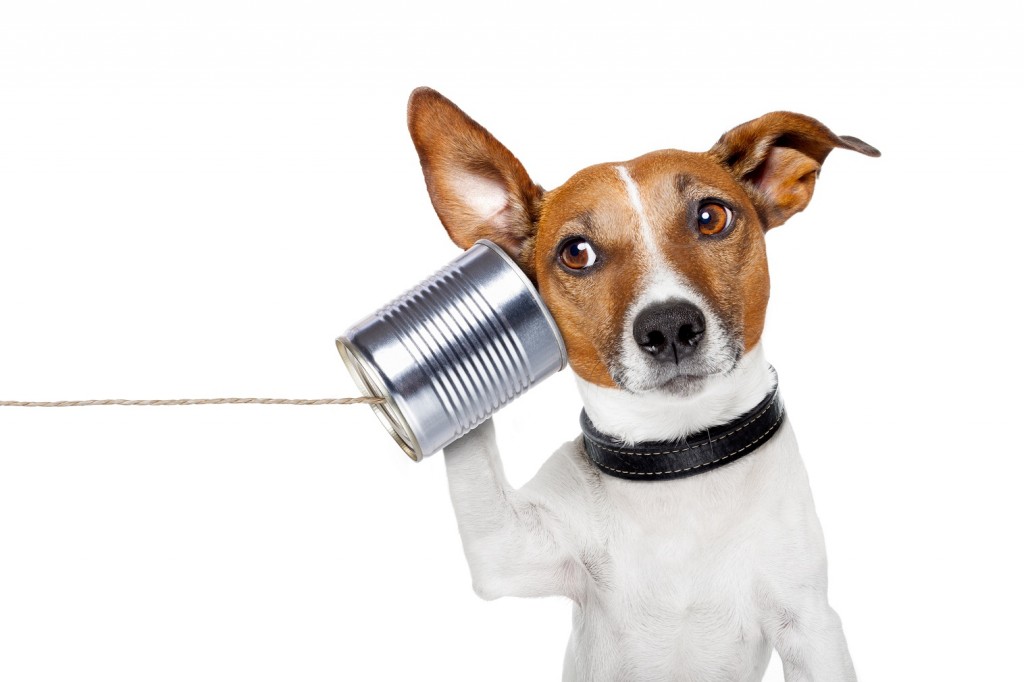How to improve your social media, phone and email correspondence

The discipline of networking is all about identifying whom you know, nurturing the people that you know, and expanding your network with new people that you need to know. Once you have built a strong network of competent people who are exceptionally talented in areas where you are weak, you will represent a much larger area of knowledge than you would if you were on your own.
Your network is your safest bet when it comes to development of competences. You can educate yourself and take all the courses you wish, but nothing compares with a loyal competent network — it’s compact, informative, and the direct path to successful individual and organizational performance. Here are some tips on how to maintain your network by choosing the right way of corresponding with your network – via email, phone or social media. Get free expert tips here!
Networking correspondence
E-mails:
Many of us write e-mails to each other including after a conference. E-mails are still the most widely used method of contact. E-mails can be good, but they can also be unsuitable. People receive a lot of e-mails, and it can be difficult to remember all the e-mails that are received because they all look alike. Learn how to write good e-mails that people want to read and will remember.
Here is one example of a very typical e-mail:
Dear XXX
Thank you for the meeting on [date]. At the meeting we agreed to blah blah.
I will follow-up and will get back you as soon as possible blah blah.
Kind regards,
XXX
Have you received similar e-mails? How did it make you feel? Did you feel like meeting the sender?
What is wrong with these e-mails are the following:
- The introduction is rather impersonal. The e-mail is not relevant because it does not link the sender and receiver together. They lack something that makes the reader think “I have to take care of this, and therefore, I will read the e-mail.”
- The e-mail is too short. E-mails should be short, but not too short. Take the time to be personal. TIP: Test the quality of your e-mails by adding some of your colleagues as CC so that you will get some feedback on your e-mails.
- No urgent action. The e-mails do not ask the receiver to do something urgently. He gets the impression that he is only asked to keep his eyes and ears open, and that is rather noncommittal. The same rules apply to letters. Be personal and relevant. Letters and e-mails can be written in accordance with the PRAC method: P= Personal, R= Relevant, A= Action, C= Contact.
Be personal (sometimes senders do not write a name in their e-mails; the letter just reads “Dear Customer”). Sometimes people just write a general e-mail or letter and send it to everybody in the network without addressing it to specific persons. That does not work. You will find that people will not get back to you when you write to a large group of people.
People want to feel that you are engaging with them directly and personally. If you absolutely must send mass e-mails and letters, then you must not do what everyone else does. You have to think about the people who receive your e-mail or letter and why they should read it.
Phone and text messages:
When you call people or leave a message, you show presence and initiative, and the person you are calling can sense your mood, and vice versa. E-mail is efficient but try calling the person 30% of the time. You will be surprised how much it brings to a relationship.
Leave a message if the person does not answer the phone. Make it brief, concrete, and personal. Smile while you are speaking, it will increase the probability that you will be someone people will actually call back. Your message should be less than one minute and include a request for further dialogue.
Social media:
Social media is here to stay whether you like it or not. The people that you will likely want to connect with are increasingly active on platforms such as Facebook, LinkedIn, Google+, and Twitter. Social media is useful for: information and knowledge sharing; file sharing; connecting on a professional and personal level; and for marketing, fostering loyalty, and cooperation between people.
General networking tips
- Be yourself—the best version of yourself
- Be strategic, selective, and thoughtful about who you network with (quality rather than quantity)
- Ask what and how questions to invite people to talk about what is on their mind
- Express needs clearly so that other people can understand you and help you
- Remember to say thank you when people help you so that they will want to help you again and again
- Remember to help other people if you can so that they will like you
- If you cannot help a person always offer the person an alternative
- Be someone to rely on so that people will want to share something with you
- Make your preparations before participating at events to avoid wasting your time and the company’s resources
- Be good at making contact so that people feel they are in good company when they are with you
More useful networking tips are waiting for you in the free eBook “Ignite Your Career: The New Grad’s Bible” written by Soulaima Gourani.



